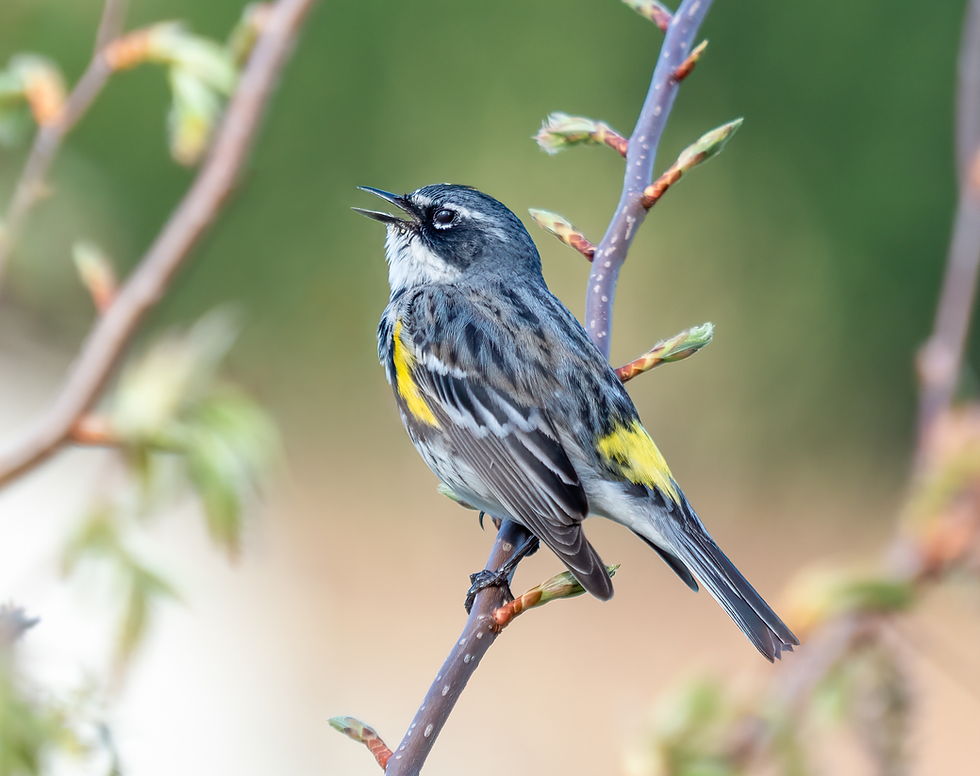Steeplebush and My Old Whacking Days
- Jennifer Anderson

- Nov 13, 2023
- 2 min read
Every plant brings to mind a story.

Steeplebush also is called
Hardhack because farmers back in the day had a hard time cutting these down in their meadows.
When I was a kid in the 1970s weed whackers, at least the ones we used, were not motorized and looked a little like a golf club with a long, straight, sharp head.
My brother and I each had one and, with our dad, used our arms to swing the whackers low and back and forth in front of our bodies, creating trails through our woods in mid-state New York.
I doubt we whacked anything as beautiful as Steeplebush; among other things, I remember dry woods, an environment Steeplebush would frown on.

Rather, this beautiful shrub, Spiraea tomentosa, is at home in wet meadows, bogs, marshes and lakesides, where the sun shines all day, prompting a profusion of dark pink to purple blooms in mid summer – just when most everyone else is done blooming.
You’ll see lots of butterflies fluttering around your Steeplebush. With very high pollinator values, Steeplebush also is a larval host to six moth species including Harris’ Three Spot and the New England Buckmoth.

Steeplebush gets up to four feet tall and likes to form colonies. Yes, it’s a landscape plant, but Steeplebush also makes a great hedge along walkways and can be used to fill out areas near a foundation.
Steeplebush responds well to pruning. Pinching off spent flower heads encourages new blooms, and it blooms reliably each year even after annual, early spring mowing (Cullina, W.).
Since Steeplebush loses its appeal quickly after its flowers fade, one tip, if you will, is to plant it among late-blooming perennials including asters, Sneezeweed and Joe Pye Weed, as well as native grasses. Common Rush and Wool Grass are good choices in a moist meadow.
Fun fact: Steeplebush is deer resistant 🙂
Sources
Cullina, W. Pp. 237-238, Native Trees, Shrubs & Vines. 2002 New England Wild Flower Society. Houghton Mifflin, Boston.
Spiraea tomentosa. Missouri Botanical Garden Plant Finder.
Spiraea tomentosa – rosy meadowsweet, steeplebush. Go Botany, Native Plant Trust
Steeplebush. Shrubs of the Adirondacks. Adirondacks Forever Wild.





Comments